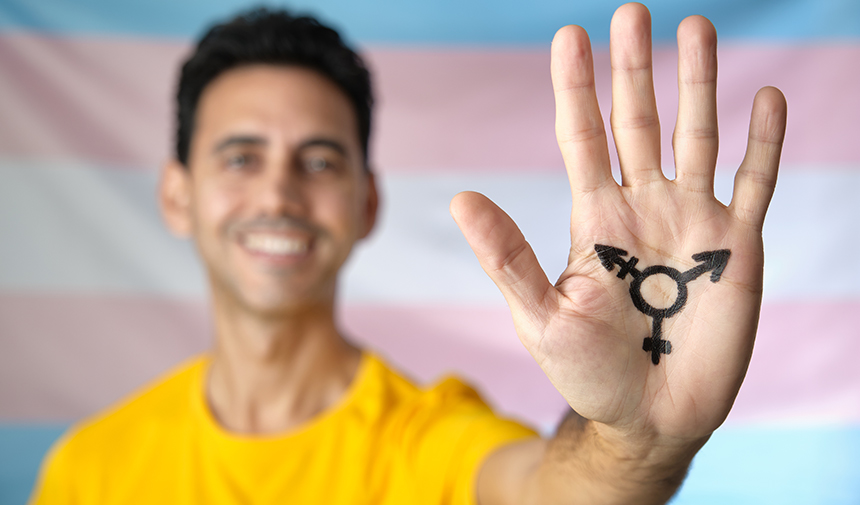Gender roles are one of the important factors that determine an individual’s expectations and behaviors in society. However, in recent years the debate on the necessity and changeability of gender roles has increased. While some argue that these roles are obligatory, others claim that they can change and transform.
Gender roles are determined by cultural norms, values and expectations and are often associated with specific genders. Men are expected to be strong, protective and leaders, while women are often associated with emotional, caring and domestic roles. However, the view that these roles are natural and immutable is increasingly being questioned.
The question of whether gender roles are really necessary is linked to broader social issues such as gender equality and human rights. Some argue that gender roles contribute to a certain order and should therefore be preserved, while others believe that these roles are flexible and fluid and that each individual has the freedom to express their own identity and potential.
Debates on the mutability of gender roles address the relationship between the biological basis of sex and cultural influences. Some researchers argue that gender roles are biologically based and therefore immutable. However, others argue that gender is heavily influenced by cultural and societal factors and therefore roles are flexible.
An interesting example of the malleability of gender roles is the advances in gender identity and sexual orientation. In the past, LGBTQ+ people were often seen as outsiders and discriminated against. However, in recent years, levels of awareness and acceptance of these issues have increased and many countries are striving for equality and rights. This is a hopeful sign that gender roles can change.
However, changing gender roles is not easy and takes time. Changing long-standing cultural norms and habits requires social transformation and educational processes. In addition, there are strong traditional beliefs and values that resist gender roles and oppose change.
As a result, the debate on the necessity and changeability of gender roles continues. Greater awareness and education can increase commitment to gender equality and human rights and make society more inclusive and just.



